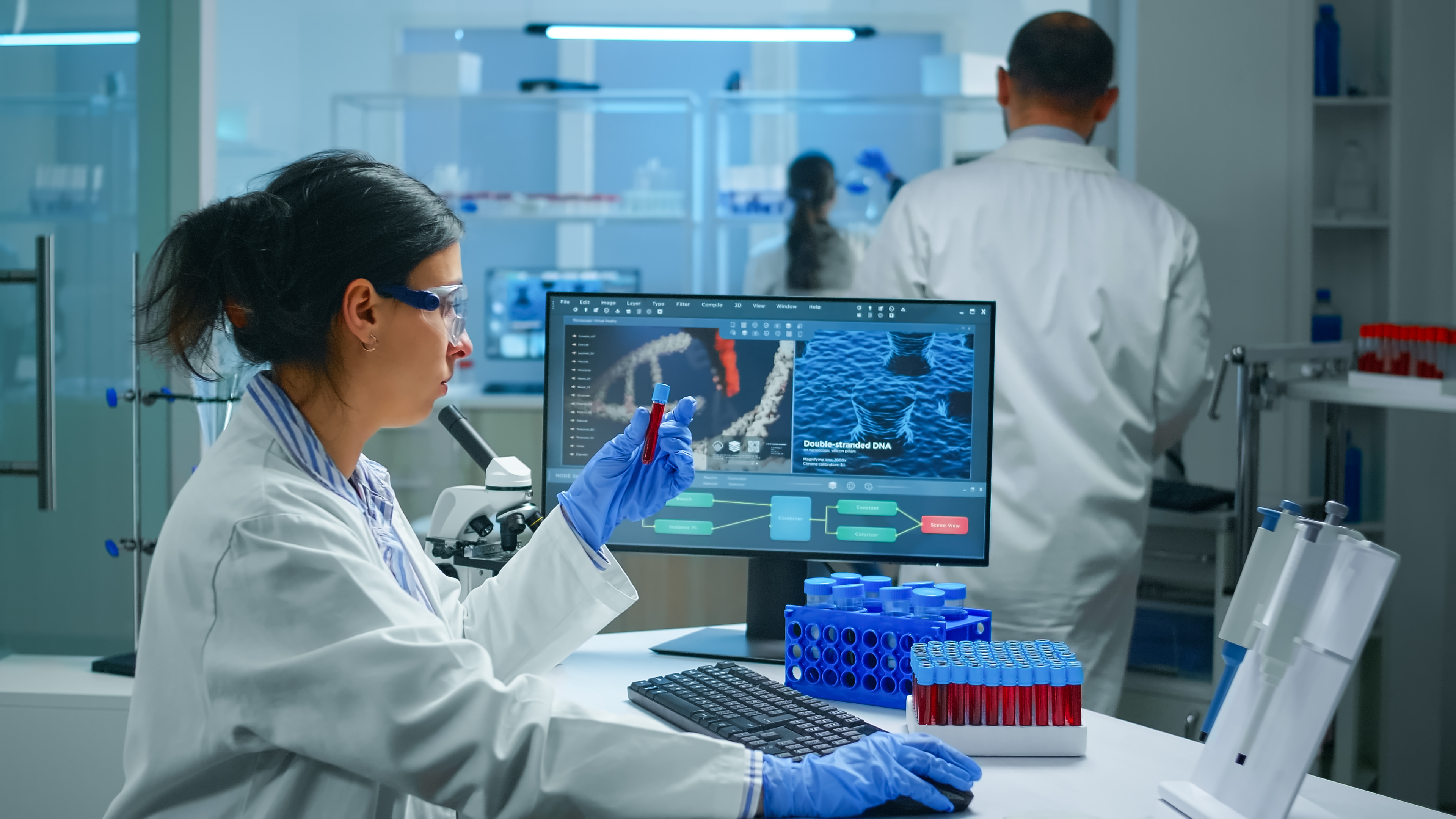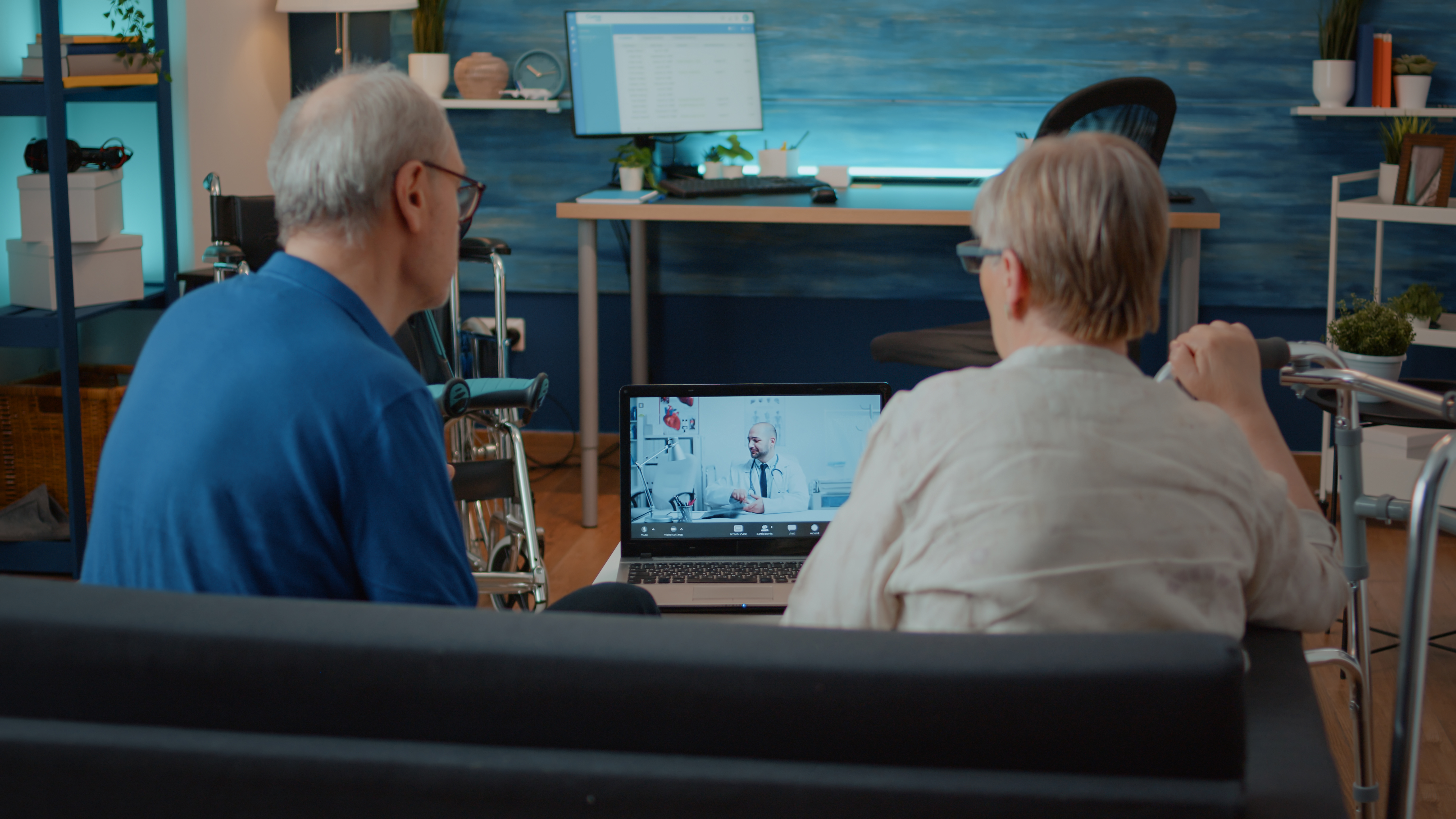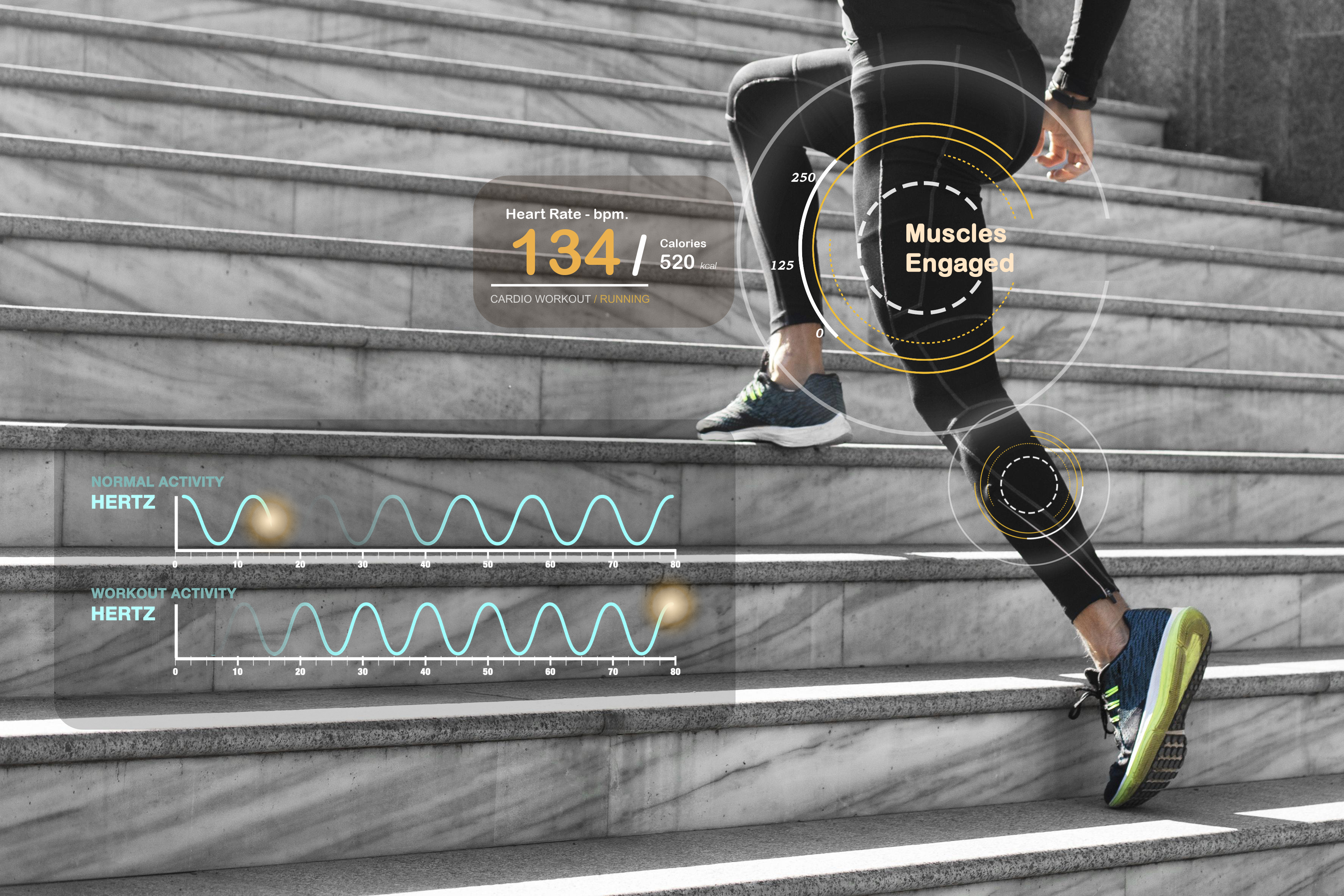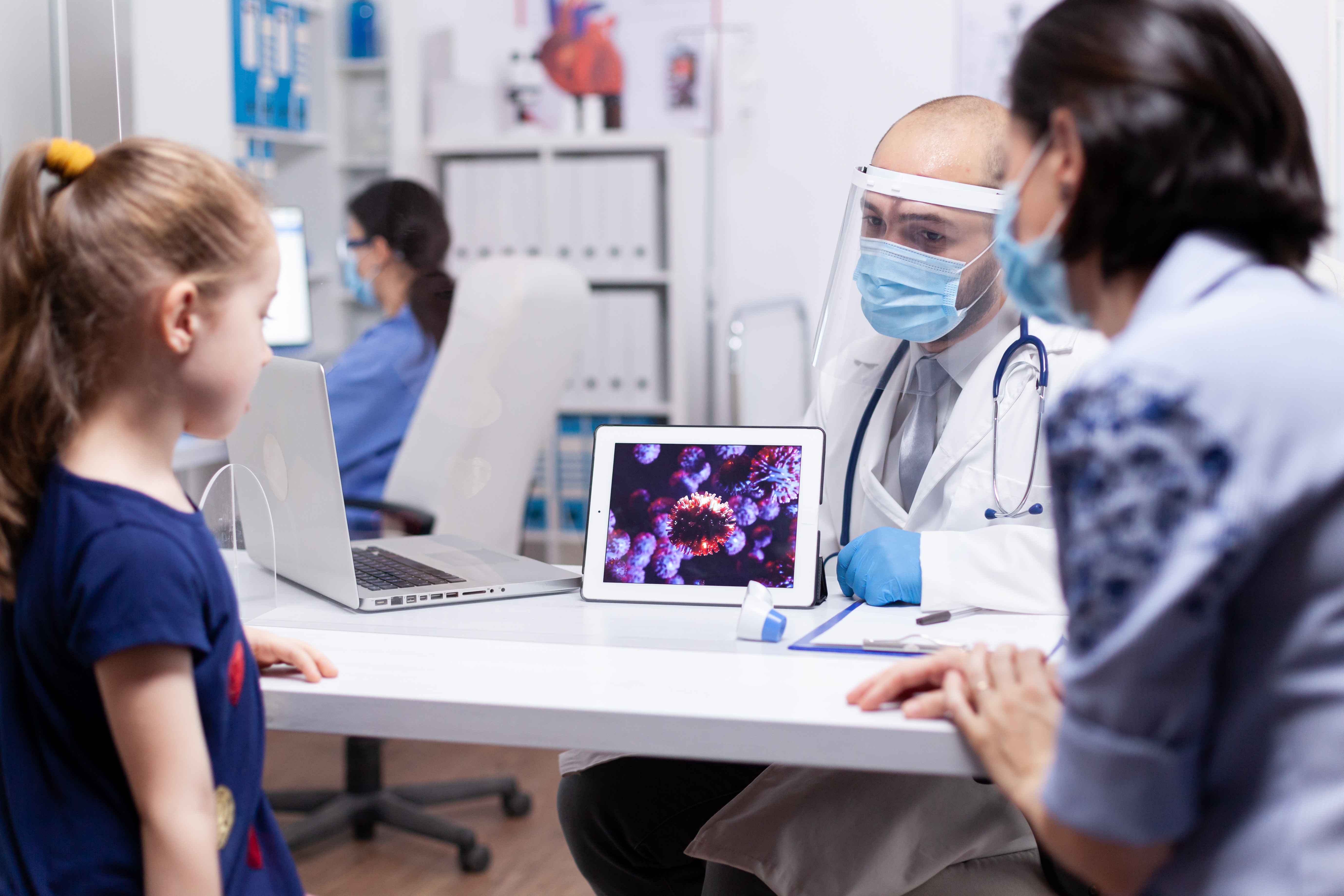Healthcare Innovation: What the Latest Breakthroughs Mean for Patients Worldwide

Innovation is the lifeblood that propels advancement and changes lives in the ever-evolving field of healthcare. We are seeing innovations that not only expand treatment options but also completely reimagine the patient experience as a result of the quick advances in technology, medicine, and patient care. We'll examine the most recent developments in healthcare and their implications for patients worldwide in this blog.
The use of artificial intelligence (AI) in healthcare is one of the biggest trends we're witnessing. AI is transforming patient monitoring, treatment planning, and even diagnoses. Large volumes of medical data may be analyzed by machine learning algorithms incredibly quickly and accurately, enabling earlier and more accurate diagnosis. For example, compared to older techniques, AI-powered systems are now assisting radiologists in detecting diseases like cancer. Because of this, patients are getting therapy earlier, which significantly increases the likelihood that they will recover.
Another innovation that has become very popular, particularly since the COVID-19 epidemic, is telemedicine. Healthcare is now more accessible than ever thanks to the option to interact with medical professionals from the convenience of one's own home. By eliminating the need for travel, patients in remote locations can now consult with professionals, saving both time and money. Additionally, telemedicine has made it possible for chronic illnesses to be continuously monitored, enabling real-time treatment plan modifications and encouraging a more proactive approach to health care.
Personal healthcare is also changing as a result of wearable technology. Vital signs, physical activity, and even sleep patterns can be tracked by gadgets like fitness trackers and smartwatches. In addition to giving people the ability to take control of their health, this data gives medical professionals important information on the circumstances of their patients. Wearable technology, for example, can notify physicians and patients of abnormal cardiac rhythms, allowing for potentially life-saving prompt intervention. Medicine is becoming increasingly individualized due to the trend toward personalized healthcare, which is being fueled by wearable data.
The development of personalized medicine and gene therapy is another outstanding innovation. With these methods, the idea of a one-size-fits-all strategy is giving way to treatments that are tailored to each patient's unique genetic composition. Researchers can create more effective and less harmful tailored medicines by comprehending the genetic components that contribute to specific diseases. In the treatment of diseases like cancer, where individualized therapies can result in notable improvements in patient outcomes, this holds special promise.
Furthermore, the delivery of healthcare is changing as a result of the emergence of patient-centered care. By acknowledging patients as active participants rather than passive recipients, this paradigm highlights the significance of letting people participate in decisions about their own care. This change is being made possible by advancements in communication technology, such as patient portals and mobile health apps, which give patients convenient access to their medical records and allow them to speak with their healthcare providers directly. Better treatment plan adherence results from this involvement, which eventually enhances health outcomes.
The significance of mental health is becoming more widely acknowledged as healthcare continues to change. Access to mental health support is being improved via creative alternatives, such as online treatment platforms and mental health applications. These resources can assist people in managing mental health issues such as depression and anxiety in a way that works for them. An important step toward improving patient wellness is the de-stigmatization of mental health conditions and the need for integrated care that takes into account both mental and physical health.
Nevertheless, it's imperative to confront the difficulties that accompany all of these developments. Critical analysis is required of topics like data privacy, the digital gap, and fair access to these advancements. We must make sure that all patients, irrespective of their socioeconomic background or geographic location, can benefit from the advancements in healthcare as we celebrate them. For the benefits of healthcare innovations to be fully realized globally, these gaps must be closed.
To sum up, the most recent innovations in healthcare are more than just amazing pieces of technology; they are potent instruments that have the capacity to change people's lives all around the world. These developments, which range from telemedicine and artificial intelligence to tailored medicine and mental health assistance, are opening the door to a healthcare system that is more effective, more accessible, and patient-centered. In order to guarantee that every patient can take advantage of the amazing advancements being made in the healthcare sector, it is crucial that we continue to embrace these technologies while simultaneously tackling the difficulties they pose.



